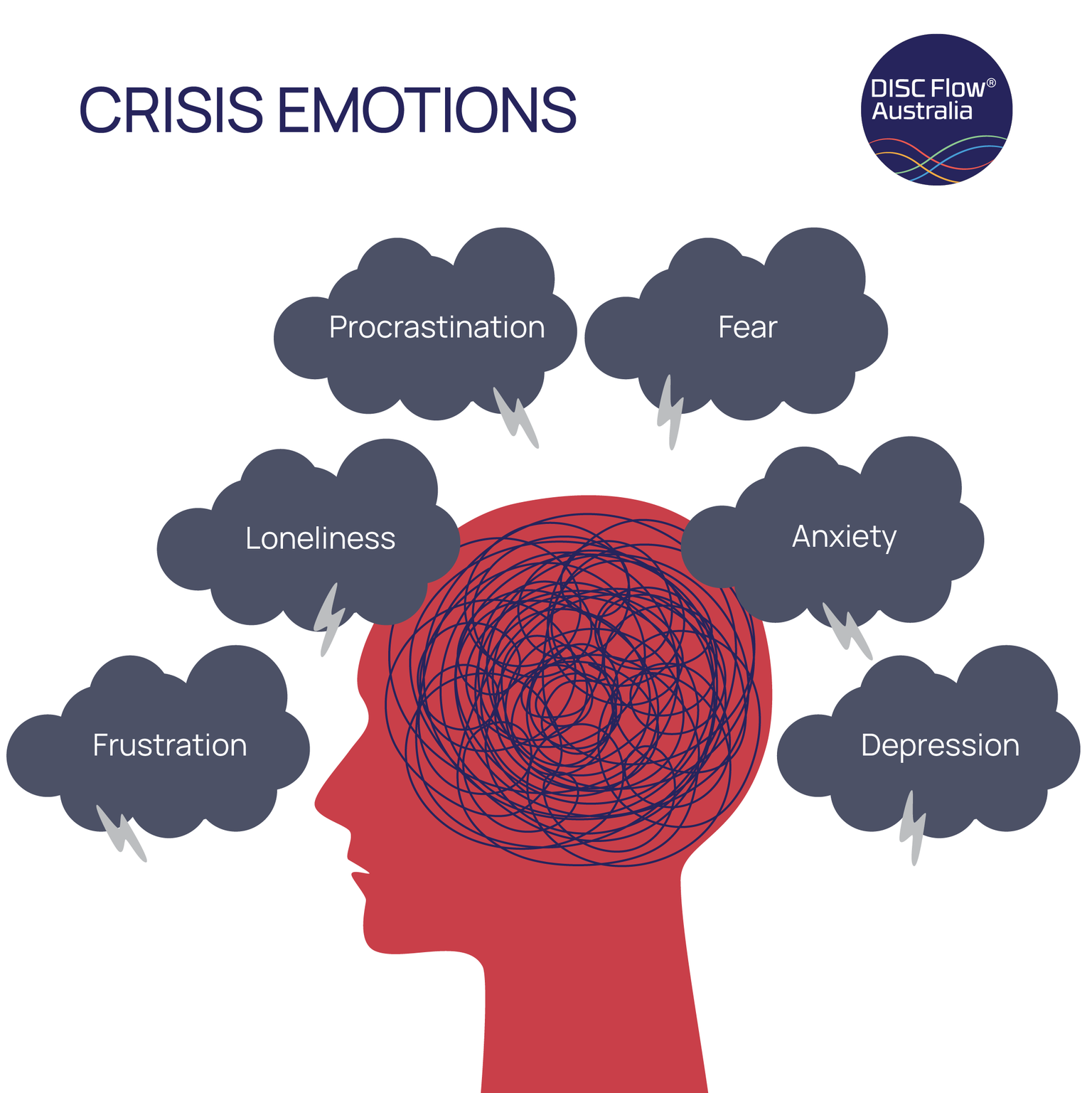Emotional Intelligence – Your Superpower in Times of Change
Let’s be honest, while life feels a lot more normal in what we call ‘post COVID times’, we are still facing a lot of challenges, in both our personal and professional environments. The crisis is not quite over and if you ask me, whilst we are learning to live with it, we are still adapting to a lot of change.
What managers in organisations are telling me is that it has become a lot harder to lead teams and keep them engaged and motivated as most businesses have opted for hybrid workplace solutions to offer employees flexibility. The challenge leaders are facing in these structures is that their teams are hardly ever in the office at the same time, someone is always working from home. People enjoy the autonomy over their workplace schedule, but it requires ‘heavy lifting’ from team leaders to encourage collaboration and teamwork. They say ‘it feels very disjointed’.
Other stories we are hearing are around the ongoing struggle with families having to isolate, increased workloads which result in a lack of work-life balance, and single parents trying to juggle it all. People are still not ok and need support from their leaders to navigate this new phase of life and work.
In these times of change, Emotional Intelligence (EI) has become one of the most important tools in our leadership toolkit.
But what is Emotional Intelligence?
Emotional Intelligence is the ability to perceive, understand, express, reason with and manage emotions with oneself and others. Applied to leadership emotional intelligence is about how intelligent you are at using emotions to get positive results.
I am working with a client who leads a regional team of senior leaders in the aviation industry in Asia. We have been coaching together for a few years and I have witnessed a constant improvement in her ability to not only manage her own emotions but also tune in to other people and lead them with empathy and diplomacy. Using that superpower and supercharging it in these times of change has enabled her to stay connected with her remote team and helped her to keep her people motivated and calm.
In times of immense change and uncertainty, we increasingly have to deal with emotions like fear, anxiety, depression, frustration, and loneliness. These emotions are heightened and often hold us back from moving forward, make decisions and communicate effectively:

Daniel Goleman describes Emotional Intelligence like this: ‘Emotional Intelligence is the ability to perceive emotions, to access and generate emotions so as to assist thought, to understand emotions and emotional knowledge to reflectively regulate emotions so as to promote emotional intellectual growth.’
When we can manage our own emotions, we have the capacity to lead our people and help them with their emotions. The skills we develop when we are emotionally intelligent enable us to lead with a clear head and a strong heart.
How does DISC Flow Help?
The DISC Flow self-assessment measures your overall level of Emotional Intelligence by considering your scores from the following dimensions:
 Self-awareness is the keystone of emotional intelligence. Before you can make changes in yourself you have to know what there is to work with. Becoming self-aware is about the process of understanding yourself, being aware of the way you feel and the impact your feelings can have on decisions, behaviour and performance.
Self-awareness is the keystone of emotional intelligence. Before you can make changes in yourself you have to know what there is to work with. Becoming self-aware is about the process of understanding yourself, being aware of the way you feel and the impact your feelings can have on decisions, behaviour and performance.
 Awareness of others can be described simply as the ability to understand and respond to the needs of others. Get this right and people feel valued, listened to, cared for, consulted and understood. Get it wrong and you may seem as uncaring and insensitive.
Awareness of others can be described simply as the ability to understand and respond to the needs of others. Get this right and people feel valued, listened to, cared for, consulted and understood. Get it wrong and you may seem as uncaring and insensitive.The personal DISC Flow report then explains what the results mean in the context of your interactions and relationships with others. You will have a narrative of your prominent behaviours as well as personal development tips.
The DISC Flow Core report also consolidates your behaviour style and EI score with practical insights into:
- Value to the team
- Conflict Management
- Potential Stressors Potential Motivators
- Communication Style
- Preferred Work Environment
The DISC Flow Core Report is the start of a conversation of creating self-awareness and awareness of others and the power of learning comes from facilitating the debrief or group workshop.
The fact that Emotional Intelligence is included in DISC Flow makes it the most powerful tool in the market and we see a real difference in the way leaders and coaches use it to increase engagement.
Are you curious about the DISC Flow Core report?
If you want to bring the power of DISC Flow into your organisation or coaching practice, our upcoming certification dates are listed below. Enrol now to join us, as Places are limited.












